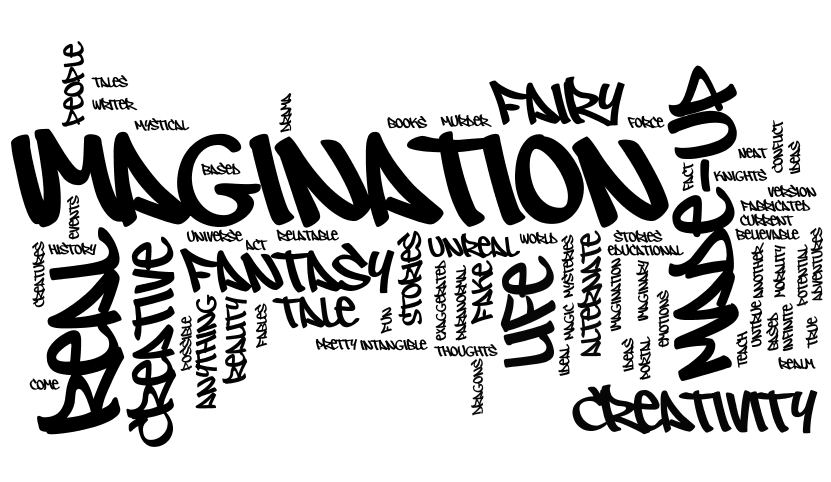Margaret Atwood’s “There Was Once” inspired me to think about different versions of the Cinderella story–hers, of course, barely gets started, but is interesting for challenging the expected set-up of the story by exposing the value-laden terms used to establish the characters and setting. After reading the Wikipedia entry on Cinderella and the introduction to The Cinderella Bibliography, you are hopefully interested in reading a few versions. Here are a few you might want to choose from:
“Tam and Cam” and another version, “The Story of Tam and Cam“–from Vietnam
“Yeh-Shen, A Cinderella Story“–from China
“The Little Red Fish and The Golden Clog“–from Iraq
This page has many versions. You might be interested in reading (use the links in the Table of Contents, or use CTRL-F or command-F to search, or just scroll down):
“Cinderella; or, The Little Glass Slipper“–from France (Charles Perrault)
“Cinderella” (Aschenputtel)–from Germany (Jacob and Wilhelm Grimm [Brothers Grimm]): the 1812 version and the 1857 version
[EDITED TO ADD: From the comments below, I can see that some classmates have chosen a few stories that can expand our list:
“The Hidden One”-Native American Legend by Aaron Shepard (here is one version)
“The Baba Yaga” (Russia, Aleksandr Afanasyev)
“The Wicked Stepmother” (India)
“Cinderella” (Italy)
ALSO: Chinye: A West African Cinderella
Please add more if you want others to read along with you!]
I’d encourage everyone to read Anne Sexton’s poem, “Cinderella,” as a modern telling and critique of these stories.
Please reply here with a comment saying which version you’re reading. That will allow us to balance our groups for our discussion. If you see that one version is neglected, please consider choosing that one! Ideally, a few students will choose the same version so you can talk together about your version before we have a larger class discussions and short presentations.
After you have read your chosen version, please write a blog post (click on the + at the top of the screen when you’re signed in, or just follow this link) in which you highlight the aspects of the story that were familiar, unfamiliar, surprising, and particularly telling of the values or customs of the culture it came from. Since we discussed blog posts being 300 words, approximately, aim to write 300 words. Your short presentation in class on Monday will come from these thoughts and from your discussion with others who read the same version when we meet in class.
If you have time, try to read more than one version, so we can have more of a comparative discussion. They’re all really interesting, and not particularly long or difficult. If there’s another version you want to share, particularly if there’s one you know from your background, please add it to the comments here so we can add it to our reading list. If you also want to mention more popular or contemporary examples, please do as well!





